
The Twilight of the Idols or How to Philosophise with the Hammer
'The Twilight of the Idols or How to Philosophise with the Hammer' Summary
Nietzsche criticizes German culture of the day as unsophisticated, decadent and nihilistic, and shoots some disapproving arrows at key French, British, and Italian cultural figures who represent similar tendencies. In contrast to all these alleged representatives of cultural "decadence", Nietzsche applauds Caesar, Napoleon, Goethe, Thucydides and the Sophists as healthier and stronger types. The book states the transvaluation of all values as Nietzsche's final and most important project, and gives a view of antiquity wherein the Romans for once take precedence over the ancient Greeks, albeit only in the field of literature.
Book Details
Language
EnglishOriginal Language
GermanPublished In
1889Authors
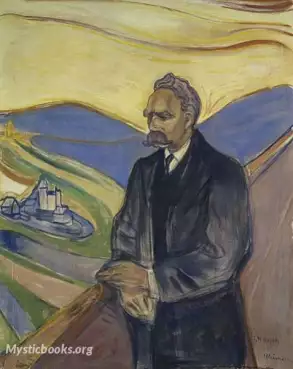
Friedrich Nietzsche
Germany
Nietzsche's writing spans philosophical polemics, poetry, cultural criticism, and fiction while displaying a fondness for aphorism and irony. Prominent elements of his philosophy include his radical c...
Books by Friedrich NietzscheDownload eBooks
Listen/Download Audiobook
- Select Speed
Related books
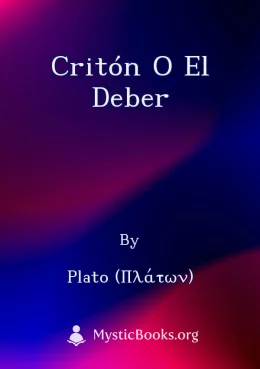
Critón o el deber by Plato (Πλάτων)
En "Critón o el deber", Platón presenta un diálogo entre Sócrates y su amigo Critón, quien le ofrece la posibilidad de escapar de la prisión antes de...
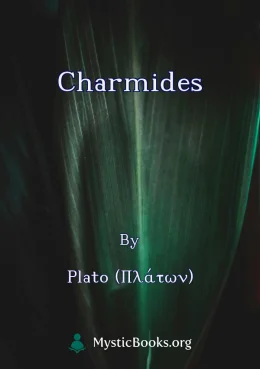
Charmides by Plato (Πλάτων)
Charmides is a Socratic dialogue written by Plato that explores the nature of temperance, a virtue highly valued in ancient Greek society. The dialogu...
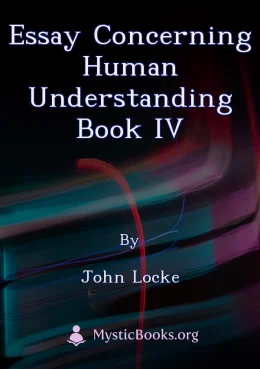
Essay Concerning Human Understanding Book IV by John Locke
John Locke's *Essay Concerning Human Understanding, Book IV* delves into the nature of knowledge and the limits of human understanding. Locke examines...
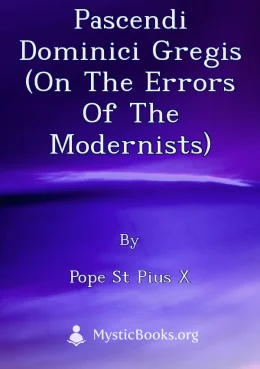
Pascendi Dominici Gregis (On the Errors of the Modernists) by Pope St Pius X
This encyclical, penned by Pope Pius X in 1907, is a comprehensive critique of Modernism, a theological movement that emerged in the late 19th and ear...

Apologia Pro Vita Sua by John Henry Newman
John Henry Newman's *Apologia Pro Vita Sua* is a deeply personal and intellectual account of his journey from Anglicanism to Roman Catholicism. Writte...

Poems (1686) by Anne Killigrew
Anne Killigrew's poems offer a glimpse into the thoughts and emotions of a young woman living in 17th century London. Her work explores themes of love...
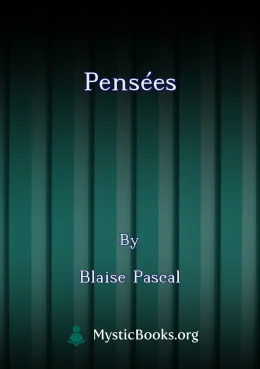
Pensées by Blaise Pascal
Pascal's Pensées is widely considered to be a masterpiece, and a landmark in French prose. When commenting on one particular section (Thought #72), Sa...
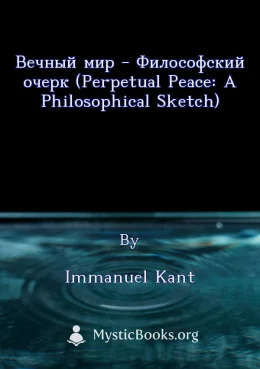
Вечный мир - Философский очерк (Perpetual Peace: A Philosophical Sketch) by Immanuel Kant
Immanuel Kant's *Perpetual Peace: A Philosophical Sketch* is a seminal work in political philosophy, outlining his vision for a world free from war....

History of the Warfare of Science with Theology in Christendom, Volume Two by Andrew Dickson White
Andrew Dickson White's *History of the Warfare of Science with Theology in Christendom* is a two-volume work that traces the historical relationship b...

Good Sense by Paul Henri Thiry (Baron d'Holbach)
"Good Sense" is a thought-provoking and insightful book written by Paul Eldridge. Published in the early 20th century, this classic work explores the...
Reviews for The Twilight of the Idols or How to Philosophise with the Hammer
No reviews posted or approved, yet...